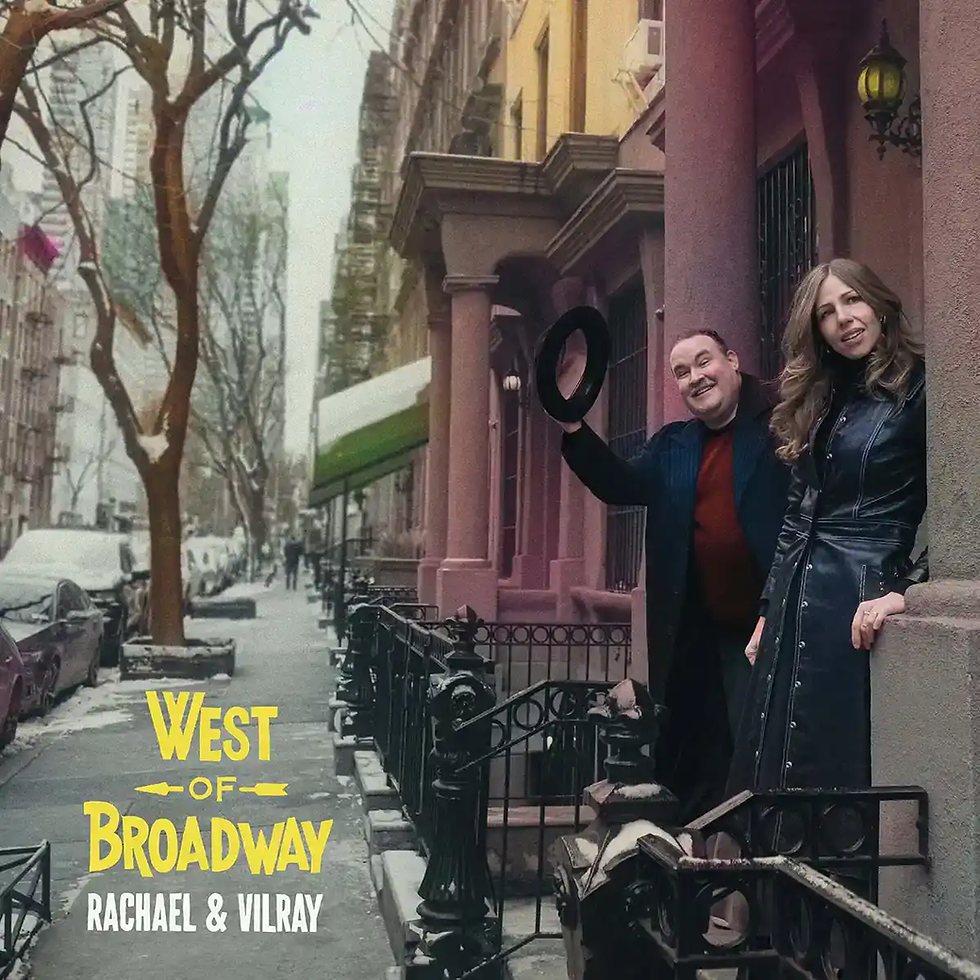Lorde: Pure Heroine
- Pandora's Vinyl

- Apr 19, 2025
- 2 min read
Lorde’s Pure Heroine is a quiet revolution, a minimalist manifesto that reshaped the contours of pop music and captured the aching essence of adolescence. The 2013 debut by the then-16-year-old Ella Yelich-O’Connor is both a critique and a celebration of youth, materialism, and suburban ennui.
With stripped-down production and lyrics that feel like diary entries written under flickering streetlights and desolate metros, Lorde carved out a space for introspection in an era dominated by maximalist production and sentiment.

At its core, Pure Heroine is a study in contrasts: it’s both detached and deeply emotional, minimalist yet rich in imagery, and intimate yet universal. Lorde’s lyrics are sharp and observational, capturing the minutiae of suburban adolescence—the glow of streetlights, the hum of boredom, the quiet rebellion against a world obsessed with excess. But beneath the cool detachment lies a raw vulnerability, as if each song is a snapshot of a fleeting moment, suspended in time.
The album’s themes are strikingly universal yet deeply personal. Tracks like the now legendary Ribs encapsulate the bittersweet ache of growing up—its fear, nostalgia, and fleeting moments of joy. Royals, the breakout hit, rejects the glamour of consumer culture with biting cynicism, while 400 Lux romanticises the mundane rituals of suburban life, finding beauty in monotony. Lorde’s smoky, restrained vocals float over Joel Little’s minimalist beats and deep basslines, creating an ethereal, intimate and expansive soundscape.
Its ability to articulate the disillusionment of a generation raised on social media and instant connectivity sets Pure Heroine apart. Lyrics like “Maybe the internet raised us” from A World Alone resonate as anthemic for those navigating post-digital adolescence. The album’s stripped-back aesthetic—both sonically and thematically—challenged pop conventions at the time, paving the way for artists like Billie Eilish and Olivia Rodrigo to explore vulnerability and nuance in their music.
A decade later, Pure Heroine remains a cultural touchstone, not just for its innovation but for its ability to make listeners feel seen. It’s an album that understands what it means to be lost and searching for meaning in a world that often feels hollow.
Lorde didn’t just create music; she built a mirror for her generation to gaze into—and perhaps find themselves reflected. With new music from her expected soon, Pure Heroine feels like the first chapter in her continuing artistic legacy.
By Anish Paranjape
The Department of Entertainment




Comments